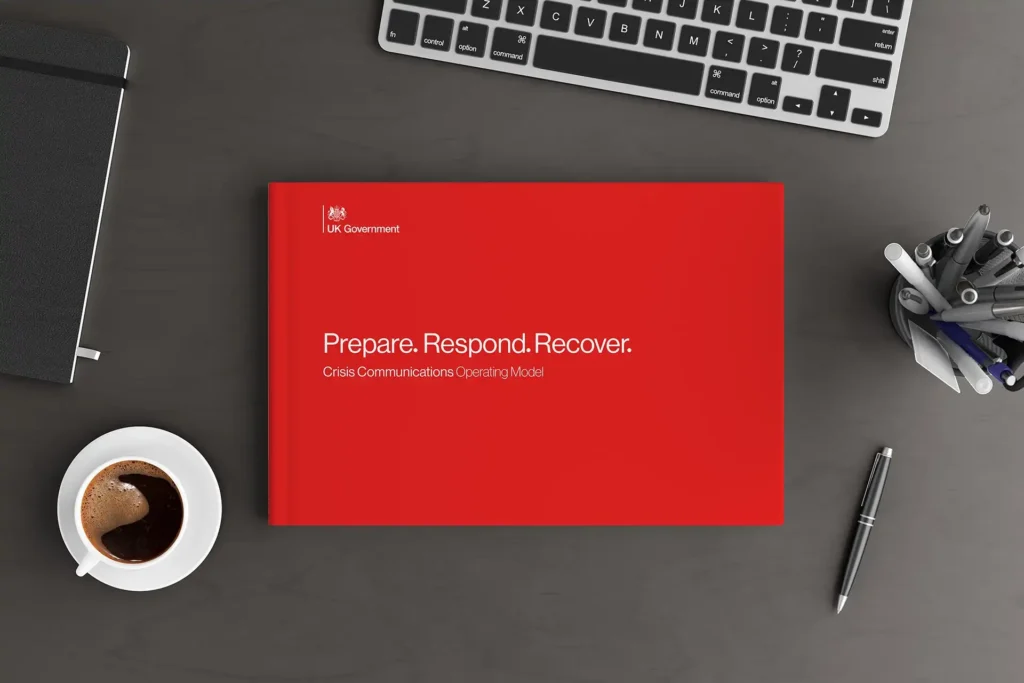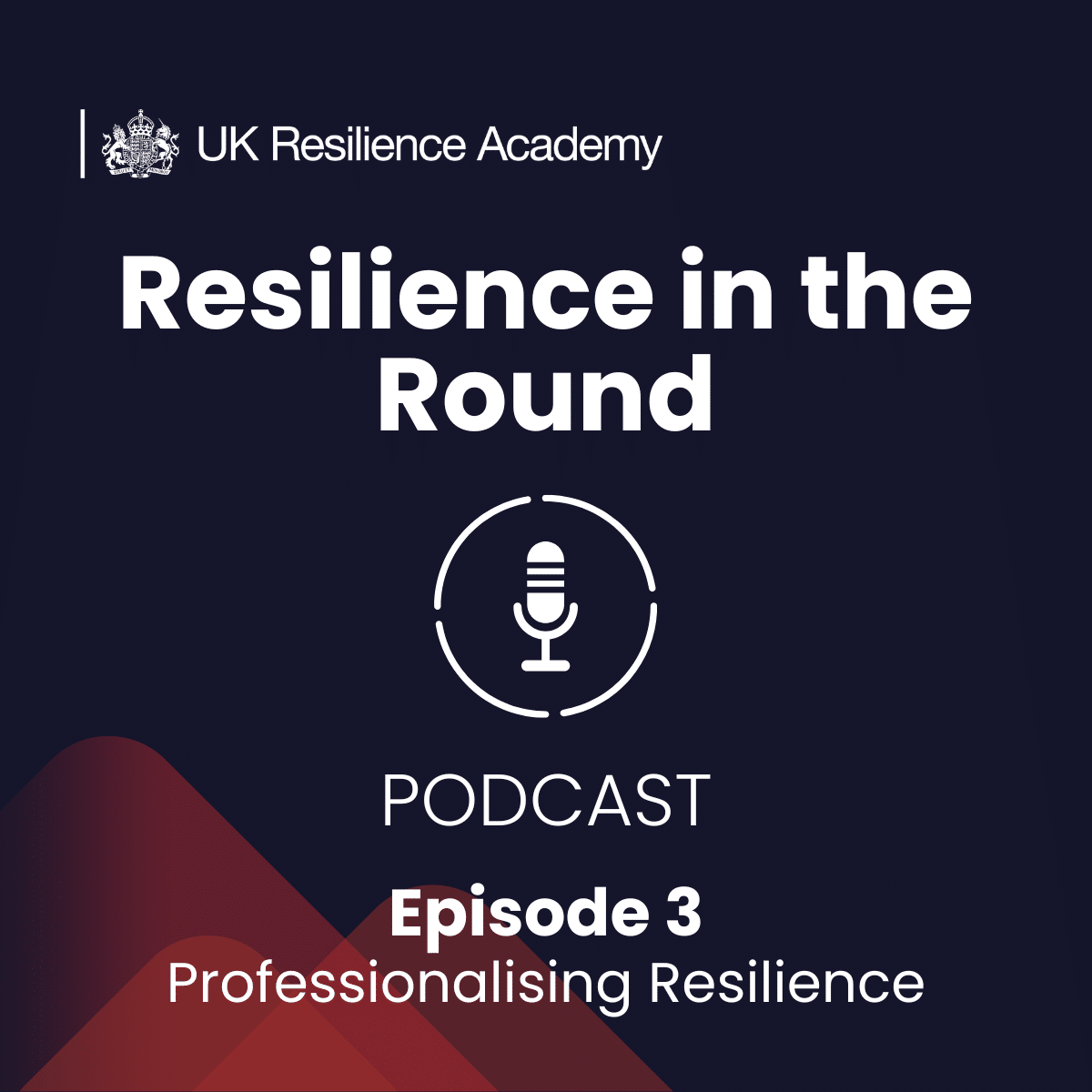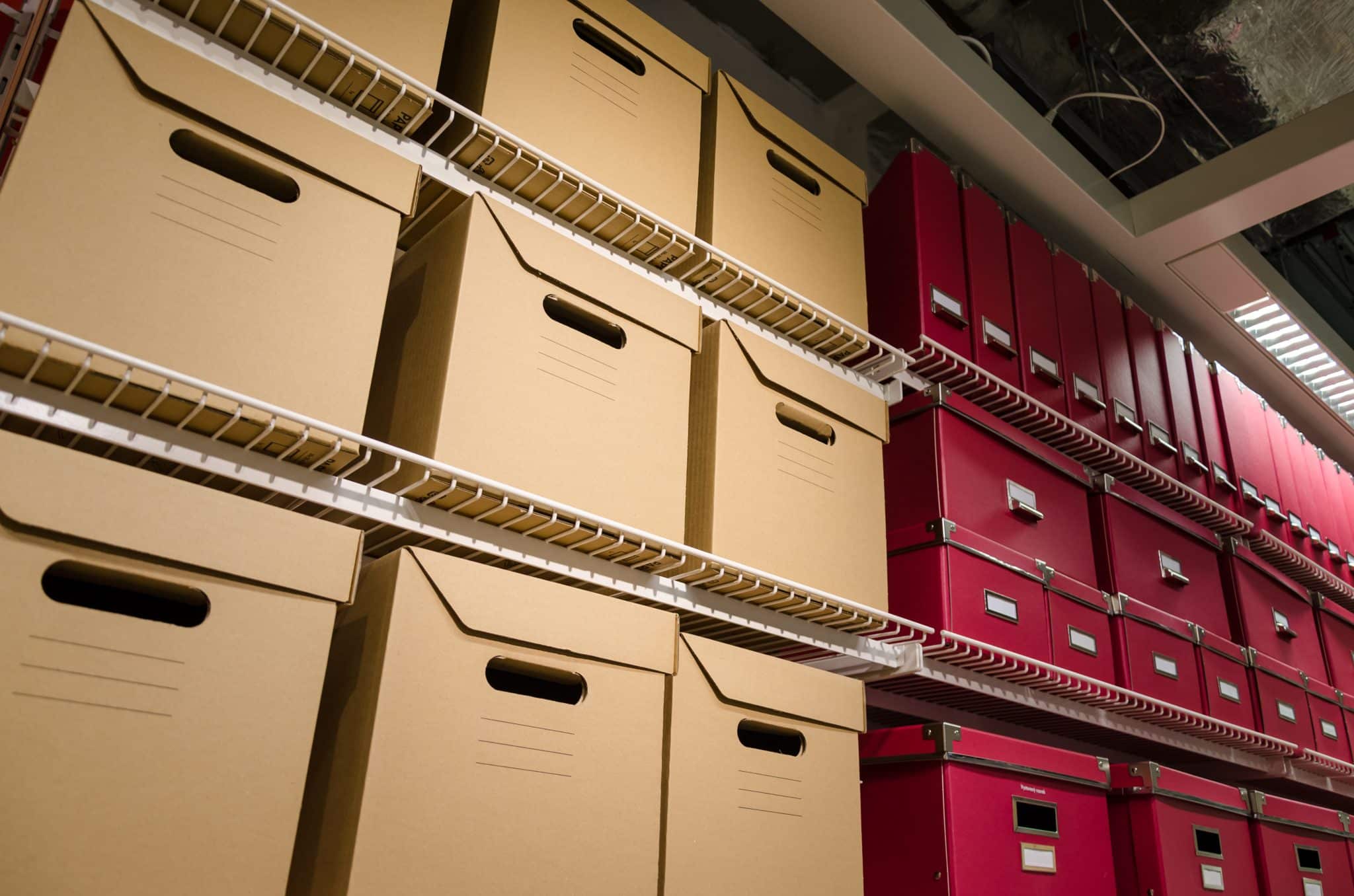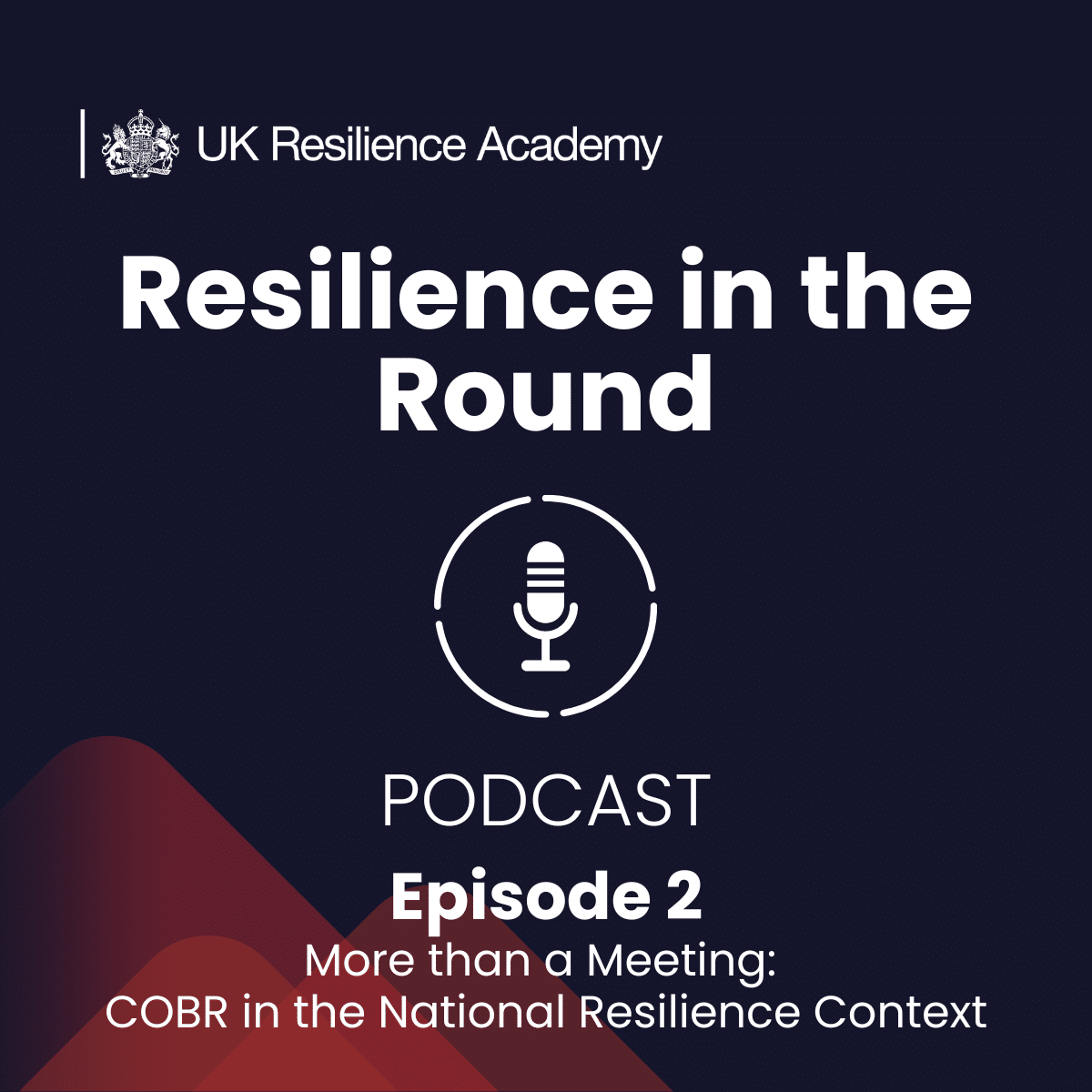
The Governemnt Communications Service (GCS) Emergency Planning Framework (2018) outlines how we plan, develop and implement an effective response during a crisis. The resource focuses on 6 critical stages which make up a crisis communications response, known as PRIMER.
PRIMER stands for:
Plan – It is essential to have a communications contingency plan in place, regularly update it and know where it is for when it matters.
Rehearse – A crisis response works best if tested in advance, and doing this with partners can ensure we build important relationships in calmer times.
Implement – Getting it right from the start can be critical – it’s important to set up a crisis response in the right way to deliver from the get go.
Maintain – Crisis scenarios can be a test of stamina and character – it’s important to maintain quality while supporting your team.
Evaluate – It is crucial to measure what’s getting through and what’s not – we use the comprehensive GCS Evaluation Framework 2.0 to measure impact in real time and refine our approach.
Recover – Communication has an important role in rebuilding trust and confidence – this includes capturing learnings, and updating our structures.





